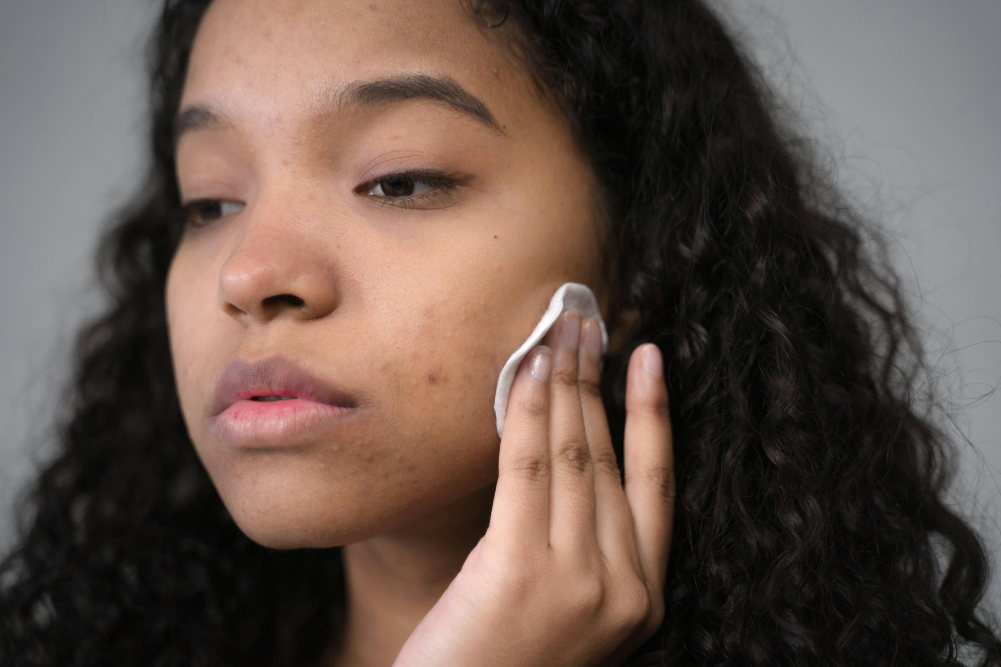Increased stress in children going to childcare
For most parents, childcare is the only option. Working parents can access full-day child care services for their children and go to work knowing that their children will be cared for while they are away. This gives them peace of mind and they can engage in their workplace without any worries or stress about their children.
But what about the children who are at childcare? Many international studies have found that young children at childcare have increased levels of cortisol when they are there for full days. But when they are at home cortisol levels remain steady or it declines.
Norwegian researchers have now found that toddlers in Norway exhibit increased levels of stress related cortisol on their childcare days and lower level when they are at Home.
Cortisol is a hormone that points to stress. Excessive stress can trigger emotional reactions associated with challenges which are too hard to handle.
112 children attending 85 childcare centres in Norway were included in the present study. The change from morning to mid-afternoon cortisol levels was examined at home and in childcare. The researchers collected saliva samples to measure stress hormone cortisol levels, and analysed their observations approximately five to six months after the children started attending childcare.
Children with the longest childcare days of 8-9 hours showed increase in cortisol levels. Furthermore, researchers also found that children who attended 7 hours or less showed no increase in cortisol.
For both groups, cortisol was measured at 10 am and then at 3 pm.
The findings of this study show that there is a correlation between stress and the amount of time spent at childcare.
This is important information as in Norwegian children – one and two year olds spend more than 40 hours a week in childcare. It seems that children who have longer childcare days have to find a way to work with being away from their parents for a long time and find resources to handle childcare challenges – such as being in large groups and managing interaction with other children.
The researchers however caution that the study has several limitations and the results should be interpreted with caution. They stress that more investigations are needed to study a broader range of children and to see if the findings are the same.
It seems like longer hours for children at child care would have an adverse effect on their stress levels but shorter hours may just be fine.
Source: Early Child Development and Care








